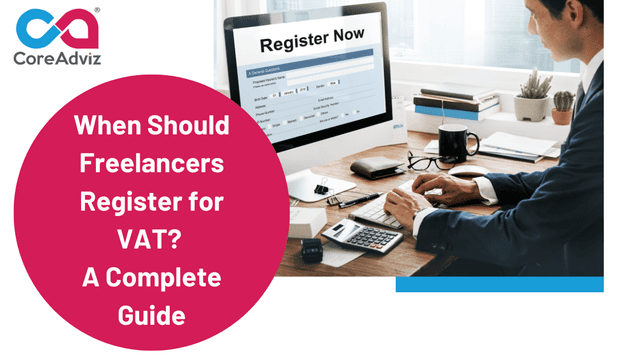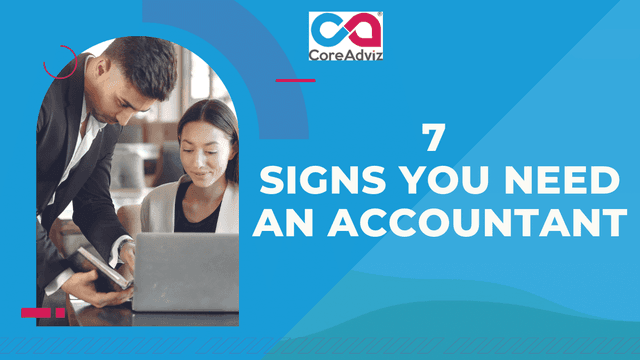
HomeBlog Taxation on Dividends Income – Everything You Need to Know
Taxation on Dividends Income – Everything You Need to Know
Kausik MukherjeeIncome Tax
Do you invest actively in shares or stocks? If yes, you may receive dividend payments quarterly, bi-annually or annually. This is quite awesome as a passive income source! Unfortunately, these are also taxable, but by understanding how taxation on dividends works, you can manage your investments and save some money. So, read the blog and learn about taxation on dividend income.
Personal Allowance & Dividend Allowance
You may already know there is a personal allowance of £12,570 in the United Kingdom. Moreover, there is also an annual dividend allowance, which was earlier £1000, but now has been reduced to £500 in the 2024/2025 tax year. You need to pay tax on any dividend income above this dividend allowance.
The best thing is if you have shares in an Individual Savings Account (ISA), there is no need to pay tax on your dividends. This also means that becoming a shareholder in an ISA can be a very tax-efficient option.
How Are Dividends Taxed?
There are different tax bands for dividend income after your income exceeds the dividend allowance. So the tax rate on dividends is as follows:
- 8.75% for basic rate (20%)
- 33.75% for a higher rate (40%)
- 39.35% for additional rate (45%)
Suppose your annual salary is £25,000 and your annual dividend payment is £4,000.
So, the total income is £25,000 + £4,000=£29,000.
Here since your total income falls within £12,571 to £50,270, a basic rate (20%) will be applicable.
So, the amount of tax that you need to pay will be –
- 20% tax on your taxable salary (£25,000 – £12,570 = £12,430)
- No tax on £500 of dividends due to dividend allowance
- 8.75% tax on your taxable dividends (£4,000 – £500 = £3,500)
We have tax on salary = £12,430 × 20% = £2,486
Also, tax on dividends = £3,500 × 8.75% = £306.25
Here, don’t forget that salary and dividends are always taxed separately. So, total tax = £2,486 (salary tax) + £306.25 (dividend tax)
Total tax payable = £2,792.25
Tax Efficiency of Dividends
Unlike salary or wages, dividends are never subjected to National Insurance Contributions (NICs). Moreover, they attract a comparatively lower tax rate than salary. So, if you are a shareholder, these dividends offer an apt way to achieve tax efficiency.
No wonder, several entrepreneurs who run limited companies prefer to combine dividend payments with a low salary to run their business.
Reduce Tax on Your Dividend Income
If you are an entrepreneur, you can indeed reduce tax on your dividend income obtained from your business profits by investing in Individual Savings Accounts (ISAs). As previously said, there is no income tax or capital gains tax on dividends earned from shares in the ISA. However, the maximum that you can put in ISAs is £20,000 in a tax year either in one account or split across several ISAs accounts.
In a nutshell, it is essential to understand how dividends are taxed to make informed decisions and reduce the overall tax burden. Lastly, if you are a shareholder or a company director receiving dividend payments, do not forget to keep a tab on the ever-changing tax regulations and always take the help of a skilled accountant to maximize tax efficiency.


